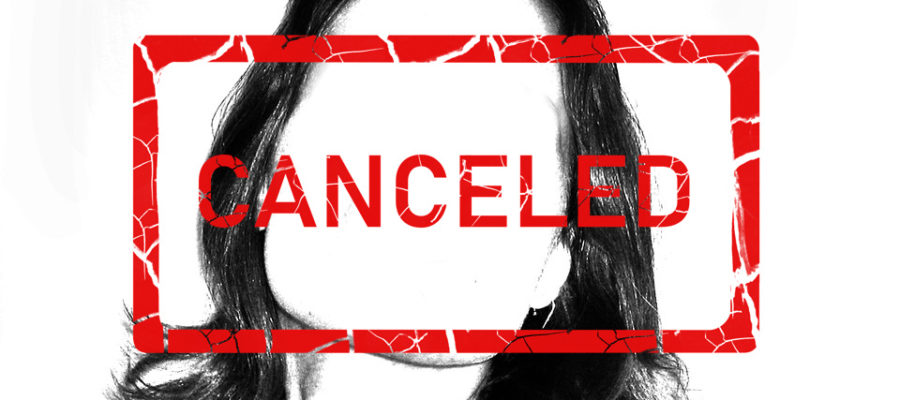“Cancel Culture”- the trend of completely dismissing someone who stumbles onto the wrong side of the cultural mob- is toxic not just because of what it does to those being silenced but also because of the arrogance, self-righteousness, and judgmentalism practiced by the silencers. While we often hear the phrase “judge not” used as a shield against criticism, the opposite mindset is on display here: “you MUST judge…or else.” While it is right to seek justice, this is something else entirely. Nothing that relies on bullying and setting oneself above others will ever ultimately be about justice. Instead, this is a movement about pack mentalities, power, and sometimes even fear. Here’s why:
Cancel Culture doesn’t encourage sober-minded judgment. The concept of being “quick to listen, slow to speak, and slow to become angry” has no place in this way of thinking. In fact, sometimes merely reserving judgment until more information is available is enough to make the mob turn on YOU.
Cancel Culture is antithetical to showing kindness to EVERYONE. “Love your enemy” can’t be true when you run the risk of “cancellation” for even being decent to someone the group deems unworthy. It actively encourages “othering” and “shunning” of those who are on the “wrong side.”
Cancel Culture requires arrogance. You can’t cancel someone without putting yourself on a pedestal above them. The name of the game is standing in judgment of others’ thoughts, words, and actions. In order to find them wanting, you must be BETTER than them yourself: less objectionable, less wrong, and less horrible in general.
Cancel Culture relies on bullying to enforce. Regardless of who wields the final death blow, the person on the chopping block gets there because the throng demands it. It often seems that the employer or group who erases the offender doesn’t even want to do so. They’re afraid of monetary or social retribution themselves if they do not comply.
Cancel Culture can’t exist in an environment of TRUE forgiveness. Instead, obsequious and self-effacing groveling is necessary to be restored to the rabble’s good graces. The accusers’ egos must be validated and stroked before the accused can be vindicated, IF he or she is vindicated at all.
Cancel Culture elicits false apologies. Remember when you were little and your parents made you grumble out a begrudging “sorry” but your heart hadn’t changed? That’s what is going on now, except rather than grumbling, the guilty one is flattering and begging. However, there is no reason to believe that these forced apologies are any more sincere than our childhood ones were.
Cancel Culture doesn’t leave room for growth. How can there be actual or genuine growth without real dialogue? How can someone improve when they are simply being removed (or threatened with removal) so as not to taint those who are pure? “Growth” that comes from a “cancel culture” apology is much more akin to a forced Medieval confession than it is to a true change of heart. There is no real rehabilitation at gunpoint.
Cancel Culture rejects mercy. While the multitude may forgive the transgressor after a proper series of ritualistic and public apologies, it never occurs before the person has been universally humiliated and scorned. The mercy of a private interaction or correction is not even a possibility in this outlook. The spectacle and the warning are too precious to lose.
So, what can we do to combat the culture of paper-thin feelings, manufactured outrage, quick “hot takes,” and merciless take-downs? We can do our part to get our society out of attack mode. We can remember that we are no better than our neighbor- even the one who said this or did that. We can confront thoughts and actions with which we disagree intellectually and honestly instead of employing threats and bullying. We can accept that people we find very objectionable have a right to their thoughts and opinions. Finally, we can put down our pitchforks and our gavels and let God be the judge.
Thanks for reading, and don't forget to Click here to Subscribe!“Love is patient, love is kind…It does not dishonor others…it is not easily angered, it keeps no record of wrongs.” – 1 Corinthians 13:4-5
About the Author

|
Jackie Chea is a blogger from San Antonio, Texas who holds a B.A. in Psychology and an M.A. in Community Counseling from the University of Texas at San Antonio. She writes on political and cultural issues from a conservative, religious standpoint. She lives in the Lone Star State with her husband, Nick, and their 7-year-old son, Lincoln. |


Facebook Comments